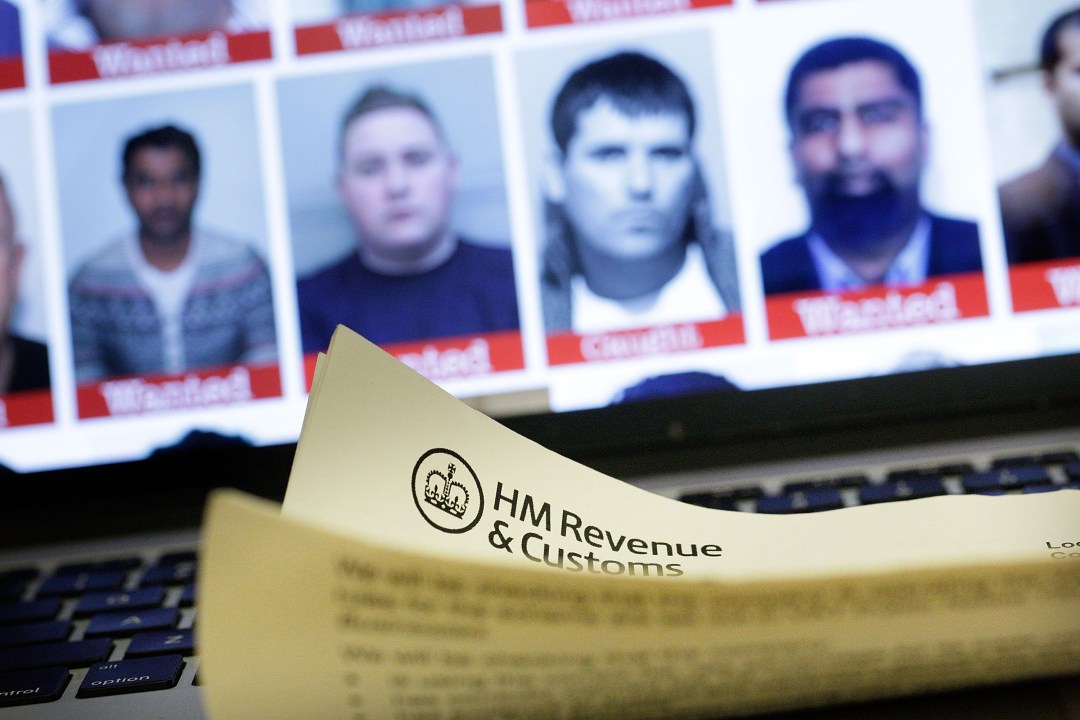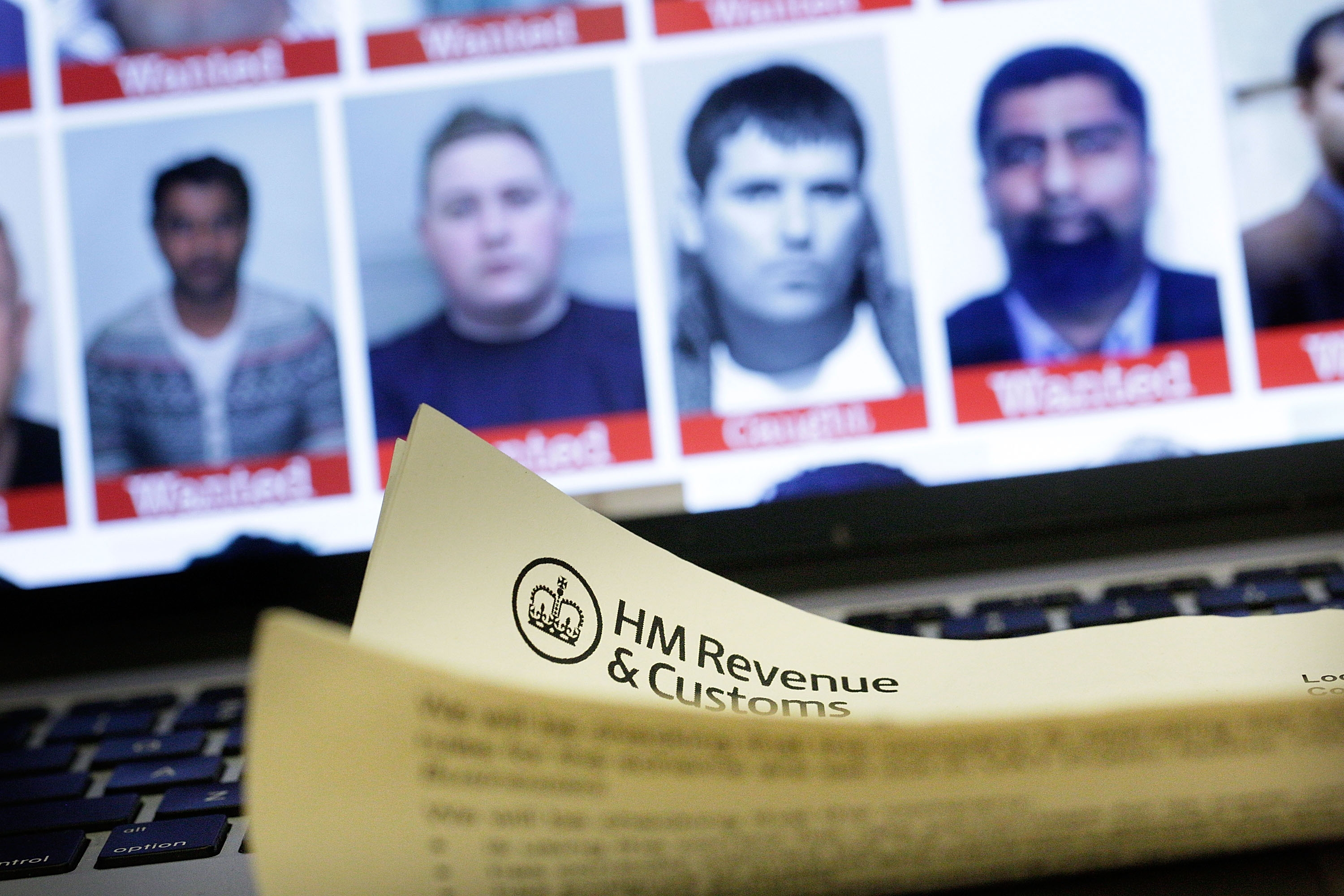Since the turn of the century the share of income tax paid by the 1 per cent with the highest incomes has risen from 21 per cent to 30 per cent. Despite this, some academics claim that the rich avoid tax. A study released last week is a case in point. ‘Wealthiest in Britain paying just 20 per cent tax rate,’ said the Independent. A fair summary: the London School of Economics and Warwick University did indeed argue that the ‘average person with total remuneration of £10 million had an effective tax rate of just 21 per cent: less than the rate that would be paid by someone on median earnings of £30,000.’ Since they’re supposed to be paying 47 per cent, it’s surprising. So how was this figure arrived at?
There are two elements in their calculation. First: that the rich use tax reliefs to lower their burden. This happens but – crucially – in virtually every case this happens by paying part of their incomes to something deemed to be useful by governments.

Get Britain's best politics newsletters
Register to get The Spectator's insight and opinion straight to your inbox. You can then read two free articles each week.
Already a subscriber? Log in







Comments
Join the debate for just £1 a month
Be part of the conversation with other Spectator readers by getting your first three months for £3.
UNLOCK ACCESS Just £1 a monthAlready a subscriber? Log in